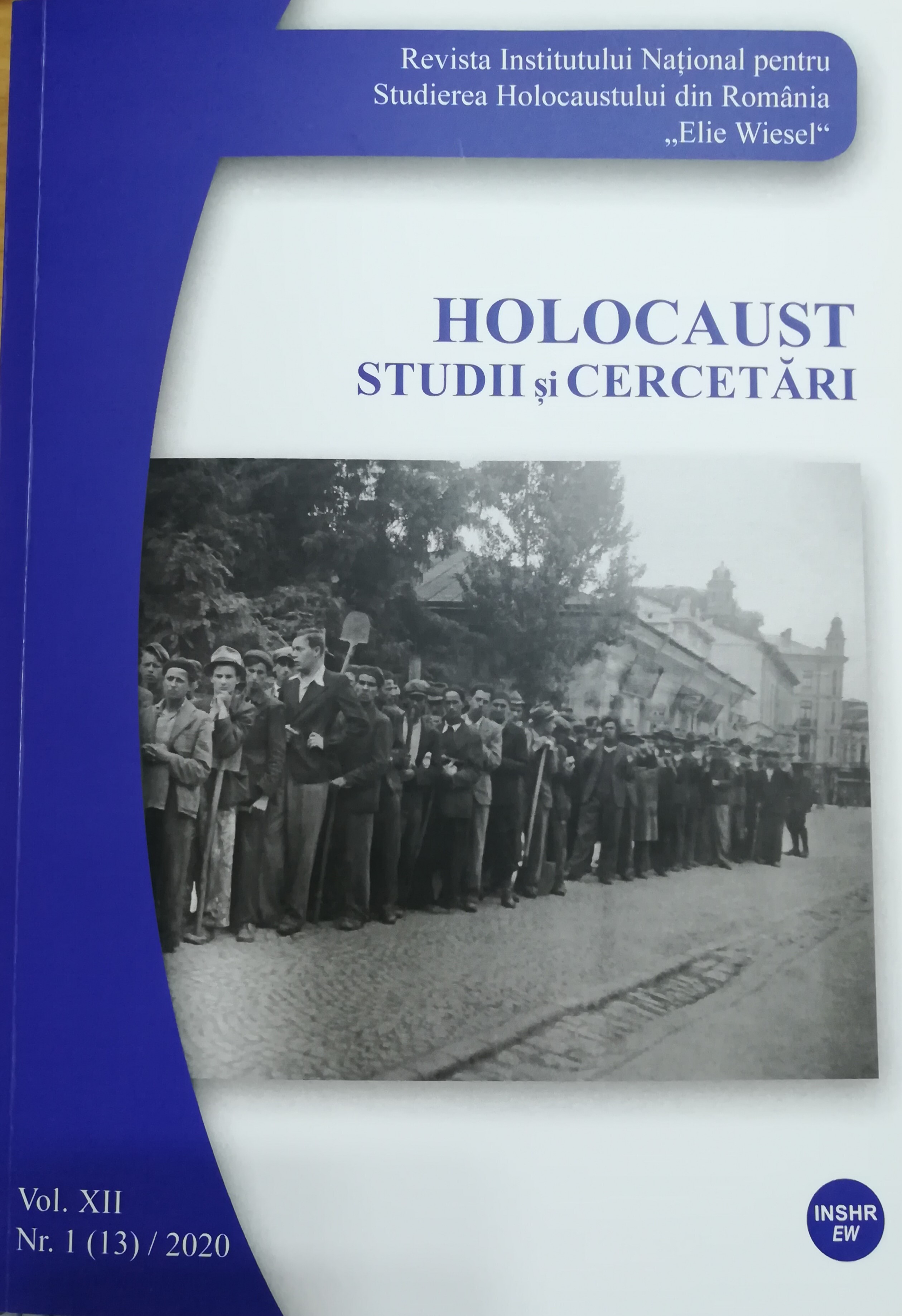Vintilă Horia: Between a Fascist Past and an Embellished Posterity
Vintilă Horia: Between a Fascist Past and an Embellished Posterity
Author(s): Alexandru FlorianSubject(s): Cultural history, Civil Society, Interwar Period (1920 - 1939), WW II and following years (1940 - 1949), Post-War period (1950 - 1989), Fascism, Nazism and WW II, History of the Holocaust, Post-Communist Transformation
Published by: Institutul National pentru Studierea Holocaustului din Romania ELIE WIESEL
Keywords: Fascism; anti-Semitism; anti-democratic;
Summary/Abstract: There were moments in Romanian culture, after 1990, when the interwar cultural heritage was evaluated in a counter-motion as to the way it had been during the communist regime. Everything that had been rejected then became apt for recognition and furthering. Cioran,Eliade, Noica, Vulcănescu, or Vintilă Horia, who had been forbidden during this or that period of communism, now had their public memory glorified. Although some of those authors had been found guilty of war crimes or others had shared the values of Romanian fascism and had been their active supporters, there are public intellectuals nowadays who think that their cultural role was far more important and have therefore turned them into idols. Right-wing extremists have symbolically called “saints of the prisons” those who haddied as detainees during the communist regime. The case of Vintilă Horia aims at proving that the support given to his memory by certain intellectuals lacks ethical and ontological arguments, since the essayist partook of the anti-democratic values to the very end of his life.
Journal: Holocaust. Studii şi cercetări
- Issue Year: XII/2020
- Issue No: 13
- Page Range: 181-217
- Page Count: 37
- Language: English
- Content File-PDF

